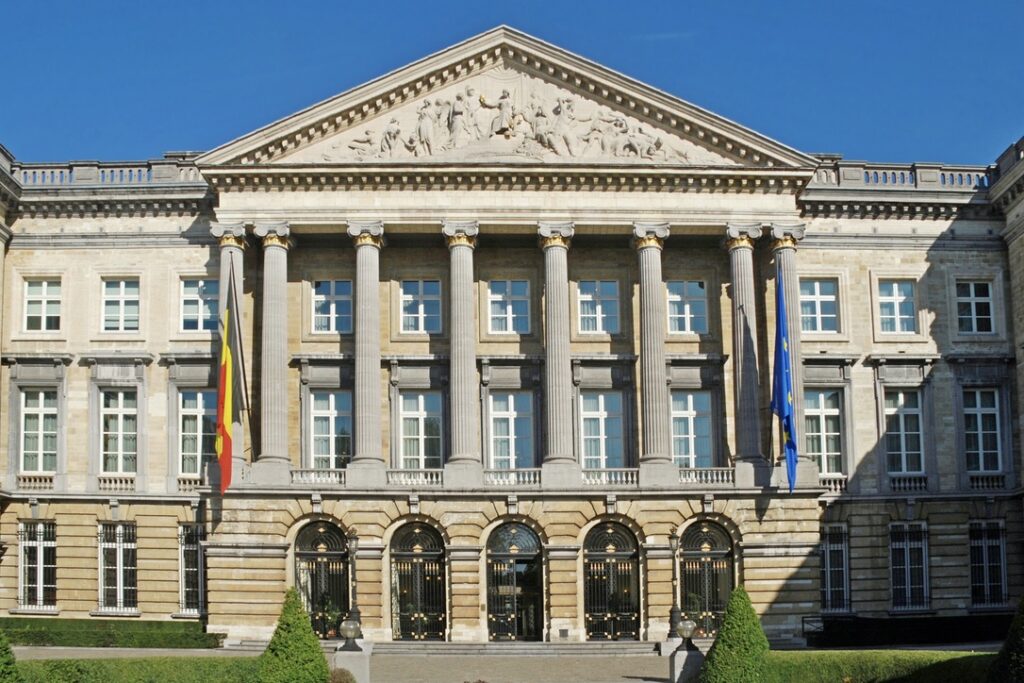Onderzoek
PM is fiere partner en sponsor van de leerstoel Crisis Governance aan de faculteit Business & Economics van de Universiteit Antwerpen.
De leerstoel wil door een holistische benadering kennis creëren én verspreiden over het brede onderwerp ‘crisis governance’. Zowel onderzoekers als professionals worden ondersteund in hoe effectief crisisbestuur kan bijdragen aan onderzoek en praktijk, zowel op strategisch als operationeel niveau, om adequaat te kunnen ontwikkelen, besturen en aan te passen aan veranderende omstandigheden.
Al lang voor de oprichting van de leerstoel Crisis Governance was PM bezig met wetenschappelijk en toegepast onderzoek binnen zijn eigen werking. Dat heeft onder meer geleid tot inzichten en publicaties over:
Onze affiniteit met de wetenschappelijke methode is duidelijk merkbaar in onze dienstverlening, bijvoorbeeld wanneer we crisisorganisaties doorlichten. Waarnemen, hypothesen stellen, testen, evalueren en bijsturen zit in ons DNA.
PM stond ook mee aan de wieg van het CIP Institute, een non-profit organisatie die wetenschappers en praktijkmensen uit verschillende disciplines samenbrengt om kennis uit te wisselen en te ontwikkelen over de Complexe en Interactieve Processen (CIP) op het gebied van crises. In 2024 zal het CIP Institute meerdere activiteiten organiseren in meerdere Europese landen.
Als je actief bent in crisismanagement en graag op wereldschaal inzichten uitwisselt met goed geïnformeerde collega’s, en zo vorm geeft aan de toekomst van ons werkdomein, dan moedigen wij je aan mogelijk lid te worden van het CIP Institute en een van onze activiteiten bij te wonen!

“Never waste a good crisis”
Collega’s Hugo en Julien droegen als experten bij aan de Bijzondere Parlementaire Commissie COVID-19. Samen met andere experten stonden zij de leden van de commissie bij in het analyseren, waarderen en leren over de aanpak van ons land tijdens de corona-pandemie. Deze inzichten zijn ook waardevol voor onze klanten.
Ontwikkeling
PM heeft diverse projecten en toegepast onderzoek uitgevoerd met steun van het Vlaams Agentschap Innoveren en Ondernemen (VLAIO), zoals bijvoorbeeld:
- stressmanagement als mogelijke dienstverlening bij PM (heeft direct geleid tot de ontwikkeling van Hectic Harmony)
- resilience als mogelijke dienstverlening van PM (heeft indirect geleid tot onze eigen aanpak van Business Continuity Management)
- onze eerste spelsimulaties, Calamity Cards en de Zombie Game
- crisisleerplatform PM Academy
Geïnteresseerd in ons onderzoek – of een idee voor een project?


